Discover the latest news with the History Department.
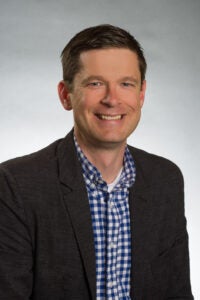
Bob Reinhardt
Associate Professor
He was recently interviewed by the Idaho Press newspaper for an article on the history of responses to pandemics, specifically comparing the influenza pandemic of 1918 to the COVID-19 pandemic.
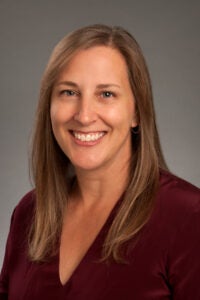
Accomplishments of Prof. Lisa Brady
1. Having her paper, “Riding the Waves to Victory: UN Naval Operations in the Korean War and Environmental Implications,” selected for one of two presidential round tables focused on the future of the field.
2. Elected to the Council for the Association for the Eastern Asian Environmental History on September 10, 2021.
History Student Zoe Yamada Stave Publishes Blog Post on the Archaeological Libarna Urban Landscapes Project
History student, Zoe Yamada Stave, wrote a wonderful blog post for the Libarna Urban Landscapes Project (LULP) website. It is based on the work she did for Dr. Lisa Brady’s Environmental History course.
“While Libarna has been somewhat under-researched (aside from periodic excavations throughout the last two centuries and some research by the Soprintendenza in the late 20th), the environmental history of this specific site is almost non-existent. The relationship between humans and their environment is often not a relationship that we would go to to understand the past; but, agricultural practices can provide a plethora of answers to questions we may never have even asked. Through the lens of environmental history, the relationship between the Ligurian peoples (the people who occupied and resided in the Ligurian region where Libarna rests) and their surrounding environment of Libarna, will be examined in order to construct a better contextual understanding of the agricultural, pastoral, and cultivation practices of this ancient civilization.”
Read more on the Libarna Urban Landscapes Project website.
President Writing Awards within Lisa McClain’s Class
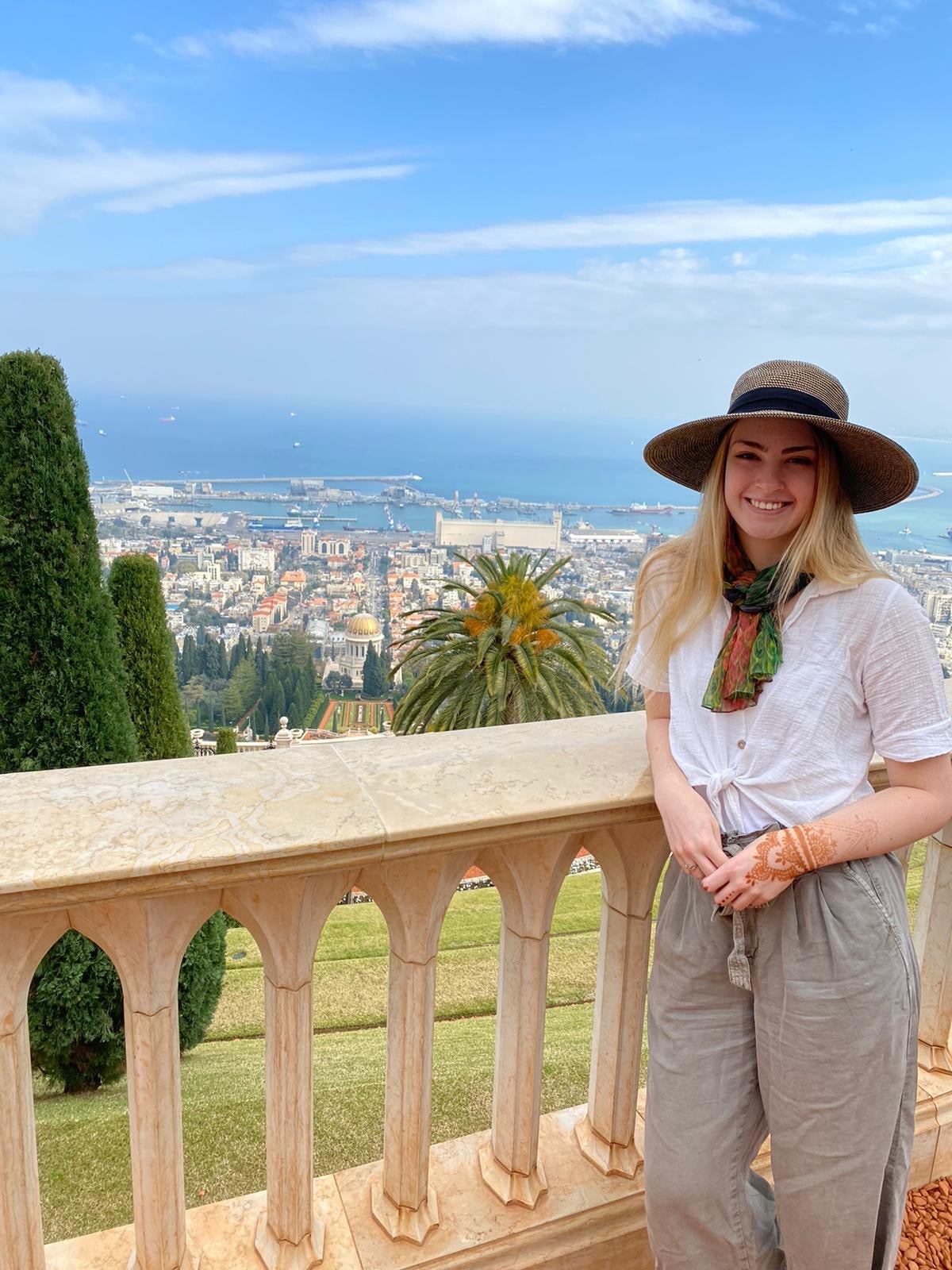
Grace Hall
A student majoring in interdisciplinary studies and minoring in Arabic, political science, global studies, and a TESOL certificate, was placed 1st in the President’s Writing Awards competition in the category of “Identity, Culture, and Languages” for a paper on the intersections of religion and gender, specifically on Islamic feminism. Her Essay was titled, “Reorienting Islamic Feminism within American Foreign Policy.” It explores the ways in which western feminist ideologies have impacted American foreign policy and military intervention in the Middle East. While feminist campaigns and the U.S government have sought to free Muslim women from perceived oppression at the hands of the patriarchy and institutionalized Islam, their actions have actually done little to help Muslim and Arab women abroad. In fact, these military campaigns to free woman from their own cultures has perpetuated the orientalist savior-victim complex and the belief that Islam, terrorism, and women’s oppression are one and the same.
This is a harmful dialogue that ignores and silences Islamic and secular feminist movements in the Middle East. These movements seek to express and maintain women’s tribal and religious identities-often through wearing traditional clothing or backing feminist ideologies with religious texts-while still resisting the patriarchal and oppressive aspects of their societies. Women have never been silent in the Middle East and eastern feminism is not a product of western intervention and thought. Thus, by only pursuing foreign policy from the lens of western feminism, the U.S is not taking into account the needs, movements, and ideologies of communities abroad, further propagating the systematic poverty, malnutrition, and lack of political representation of Arab and Muslim women.
Quote from Essay
“Some people in the western world view women living in Islamic societies and Muslim women in general as oppressed, ignorant, and silent. This is anything but the truth, as women all over the Middle East are fighting and demanding basic rights through both Islamic and secular feminism. They do so not because of their exposure to western feminist ideology, but rather because of their own feminist discourses that arose out of frustrations with their religion, states, and societies. Women have never been silent in the Middle East, they have just been silenced through social censorship.”
Words of Encouragement
“When I applied to the president’s writing competition, I didn’t think I was going to get it. I know how many talented and amazing writers there are at Boise State and they all deserve recognition. Yet, I choose to enter anyways with an essay I was proud of on a topic I am extremely passionate about. This goes to show that you never know how your words might resonate with someone else and you will always miss 100% of shots you don’t take. So if you’re thinking about applying to this writing competition in the future, just go for it!”
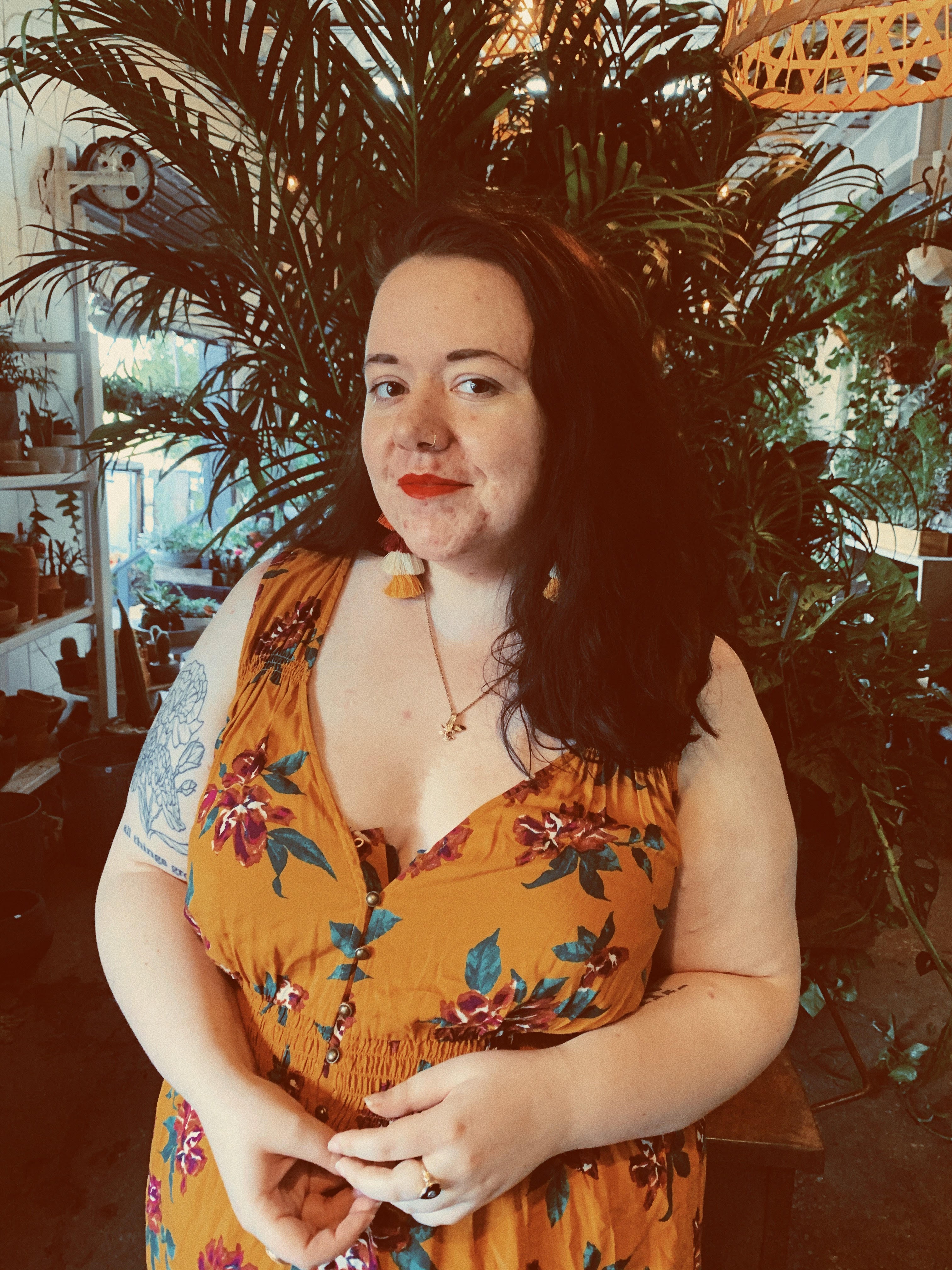
Lyd Havens
A student majoring in creative writing, was placed 2nd last spring for the President Writing Awards in the “Research” category for her paper on medieval/early modern women monarchs and martyrs. Her essay was titled, “Monarchs and martyrs: four women executed in sixteenth century England.” Havens researched the lives of Anne Boleyn, Anne Askew, Mary Stuart, and Margaret Clitherow, as well as the events that led to their executions. Two of them were queens executed for treason; two of them are commoners executed for heresy. Havens also compared and contrasted the circumstances of each of their lives, and looked at the ways in which politics, religion, and misogyny played a role in their executions.
Quote from Essay
“To a researcher in the twenty-first century, the misogyny deeply embedded in English society also reveals itself as a contributor to Boleyn’s demise. By all accounts, she was a deeply intelligent and outspoken woman who was not always as timid and obedient as Henry wanted her to be, and in her lifetime, she was most often called a heretic, a concubine, or a witch. She was a learned woman who wanted to be taken just as seriously as any man, or she was a manipulative sorceress who bewitched the King of England—she could not be anything in between.”
Words of encouragement
“Even if you don’t think your writing is ‘good enough’ to place, submit it anyway. I’m a Creative Writing major. I mostly write poetry, and I placed second with a research essay that I sent on a whim! This has given me so much more confidence in my academic writing abilities. It can be daunting, but send in the work you’re proudest of, to as many categories as you can. The worst they can do is say no, and you might end up surprising yourself.”
Word from Lisa McClain
I quickly realized Grace Hall and I share similar interests in the intersections between religion and gender, specifically in the ability of faiths and feminism to exist in collaboration, rather than in conflict, with one another. Grace drew upon her experiences travelling in Jordan–where she had the chance to observe and investigate Arab and Muslin cultures and Islamic feminism–to write her provocative, award-winning paper that explores ways that the US government may have weaponized western feminism against eastern feminism in Muslim-majority countries
Lyd Havens is a multi-talented senior whose work has won President’s Writing Awards in the past, but this is her first award in the Research category. Considering the challenges of finishing the project last spring after the library shut down at the start of the pandemic, Lyd’s ability to make the voices and experiences of women of the past–from queens to working women–come alive through her primary sources is very impressive.

Erik Hadley
History faculty member, Erik Hadley, presented a paper titled, “Ritual Resistance: Festival Conflicts in Francophone Belgium during the French Revolution, 1786-1830,” at the Marginalized Voices and Figures at French Festival Culture, 1500-1800 Conference hosted by King’s College London on April 24th. It explores how ritual festival preservation and rebellion were focal points for Belgian popular resistance to French anti-Catholic policies during the Revolutionary era.
During the presentation, Hadley presents the exploration of Belgian resistance to three occupying regimes: the Austrian festival reform effort of the 1780s, the French occupation regime between 1794-1815, and subsequent Dutch annexation of Belgium between 1815-1830. Communities sought to defend and preserve their festival traditions through a variety of resistance techniques. Some beseeched foreign administrative authorities to rescind interdictions; others sought to reinvent the festivals to make them more palatable to the Austrians, French and Dutch. Some even openly disobeyed occupying authorities through ritualized public protest and unauthorized, impromptu festivals.
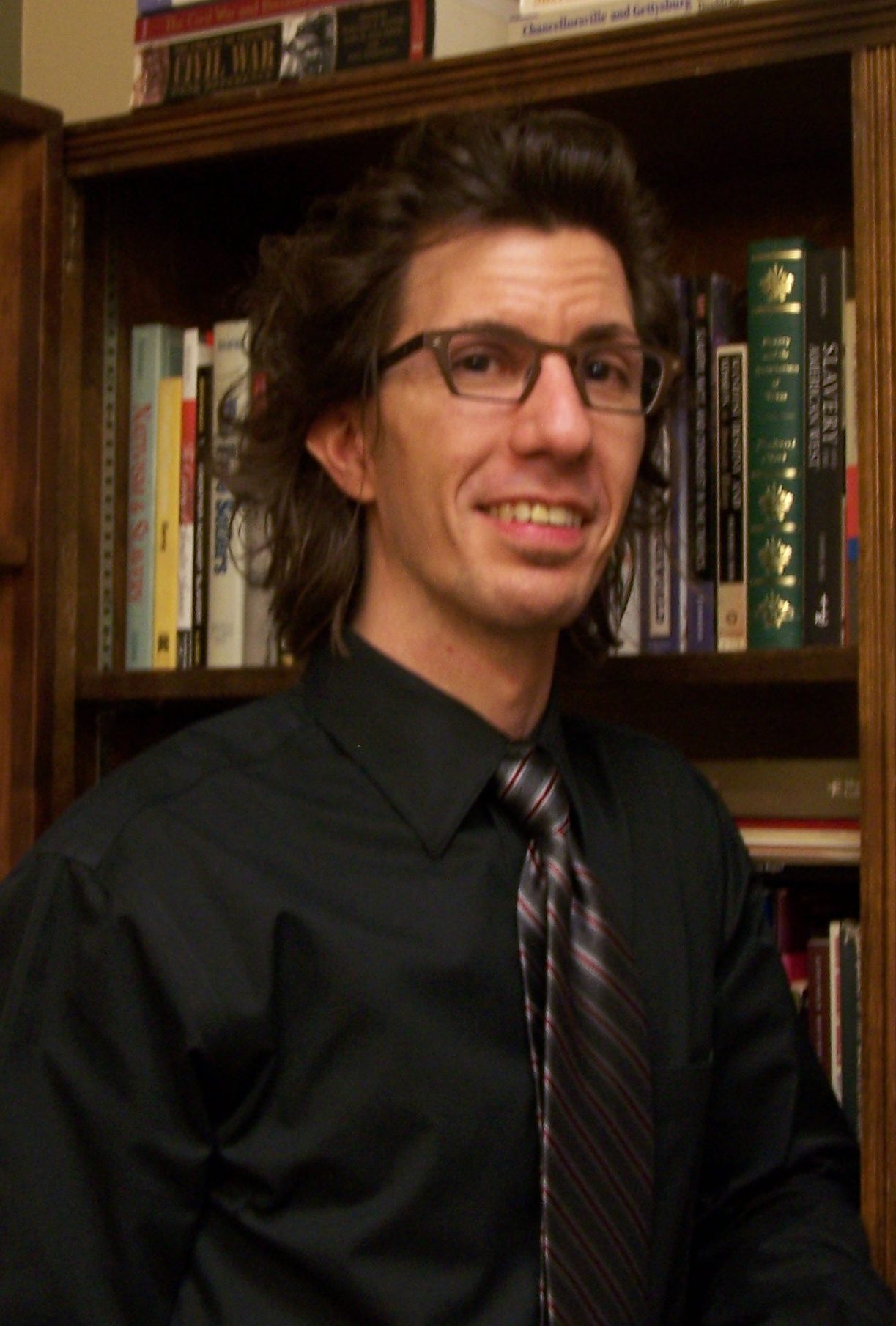
Raymond Krohn
Raymond Krohn, history professor, was recently interviewed by Idaho Press about President Abraham Lincoln’s racial justice legacy and complex relationship with the native people.
Undergraduate Minors
New undergraduate minors for Fall 2021.

Lisa McClain
Professor Lisa McClain, Professor in Renaissance and Reformation Europe, Christianity, Gender Studies, was awarded the 2021 Osher Faculty Grant, due to a research proposal she worked on, “Reclaiming the Past: LGBTQ+ Idahoans Take Their Place in State History.” The Osher Institute awarded $16,856 this year to support research and projects of the three successful candidates, McClain being one of them.Read more about the Osher Faculty Grants Awards.

Once upon a time, towns like Robinette, Oregon, dotted the American West.
Robinette had its own train depot and a hotel. It had stores where residents stocked up on groceries and dry goods. Residents tended orchards where trees hung heavy with peaches, apricots, and walnuts. Robinette had a tavern shaped like a military-style quonset hut, but its schoolhouse was arguably the most important building in town. Old black and white photos show Christmas pageants there. They capture dances and holiday meals where guests wore overalls and sat at long tables covered with checkered tablecloths.
In 1957, the people of Robinette left their homes to make way for the construction of Idaho Power’s Brownlee Dam. Today, the lost town of Robinette sits under 100 feet of water at the bottom of the Brownlee Reservoir.
Oregon native Bob Reinhardt, an assistant professor in the history department, estimates that dozens of towns experienced similar fates to Robinette, flooded by hydroelectric and irrigation dam projects from the 1920s to the 1970s.
“Silence surrounds what seems to me to be dramatic events — so many communities were erased and lives totally upended, and yet we know so little about it,” said Reinhardt. “I’m fascinated by the power dynamics between urban centers and rural places — the center and periphery, the core and margins.”
Scholarship on the lost towns of the West has been sparse. But Reinhardt has embarked on a multimedia public history project, “The Atlas of Drowned Towns,” that will document these once vibrant places. His study will begin with the Snake River and its dams. He hopes to expand it to include watersheds throughout the American West and beyond.
Reinhardt recently received a $30,000 grant from the National Endowment for the Humanities to support his work. The grant is paying for him to assemble an interdisciplinary team of 12 scholars – several from Boise State – with expertise in the humanities, natural sciences, and technology. The team will also collect oral histories from the public – the people who lived in towns like Robinette, or Detroit, Oregon (moved to a new site in the 1950s), or American Falls, Idaho (relocated from its original site in 1925).

“My strategy in assembling this team,” said Reinhardt, “was to ask, ‘who are interesting people, and who will ask good questions?'”
Why does this work matter to Reinhardt?
“All communities are unique, just like all people are unique— they are all intrinsically and inherently valuable. I think it’s fascinating, and distressing in many ways, that such places were so quickly and easily erased — or so it seems, although I hope to show differently,” he said.
Unless we see radical changes in our approach to climate change, we are going to witness the disappearance of more communities on the margins, Reinhardt added.
“I hope that through ‘The Atlas of Drowned Towns,’ we might better understand what we are losing, and perhaps fight harder not to lose such communities and/or at the very least, find ways of easing such loss.”
Reinhardt shared more about his life and work:
Q: Did you have an influential mentor or teacher?
Reinhardt: A couple of people. Literally. When I was an undergraduate at Willamette University, Professor Bill Smaldone, a passionate history instructor, got me fired up about German history. When I finished college, I got a Fulbright to go to Germany, intending to be a German history professor. But I came to realize how important the American West was to me. I told him I was leaving German history. He said it didn’t matter, as long as I became a teacher.
The influence of his wife, Jennifer Jopp, came later after I had my Ph.D. (University of California, Davis). I had been on the job market, doing a series of adjunct gigs. Jennifer told me to apply for the job I got as the executive director of the Willamette Heritage Center in Salem, Oregon (a complex of 14 historic buildings on five acres). Jennifer was president of the board. During my time there, she supported my passion for community engagement and involvement. We shared a sincere love for museums and their patrons.
Q: What teacherly qualities do you think Professor Smaldone saw in you?
Reinhardt: He had seen me in a few classes and in a senior seminar leading a class and doing presentations. He pointed out how I engaged with students and pushed my professors. He told me it was clear I loved the process of exploration with students. Which I absolutely do. Since then, I’ve learned other things. How I love working with students who are at different stages of their lives, whether that’s straight out of high school, or coming to college after spending 20 years in the military. Students want to figure things out. It’s such an honor to be included in that process.
Q: What are your greatest challenges?
Reinhardt: Explaining the importance and vitality of history as a way of understanding who we are, how we got here, and how we might move ahead in a more inclusive way. I believe this on an individual level, understanding one’s personal history, and on a national level. If we had a better grasp on how we got to where we are, how tenuous the things are that we’ve considered permanent, we would be in a better position to defend those things.
The wildfires that engulfed Oregon in the summer of 2020 had repercussions for Reinhardt. His second book, “Struggle on the North Santiam: Power and Community on the Margins of the American West,” came out in May, 2020. Many of the Oregon communities he wrote about in the book burned to the ground. They, too, are lost places.

Reinhardt: I’m still figuring out what to do with that. I know that all things pass. But this felt so abrupt, so transformative. We drive through this area many times each year (Reinhardt’s in-laws live in the area). To see the places we know burn and disappear overnight. As a historian, I can say this is another chapter in a long saga. But I don’t yet know how to write that chapter.
Q: What was the most surprising thing you learned this year?
Reinhardt: Things happened this year that we assumed would never happen. For example, an armed assault on the U.S. Capitol. Or the plan by one group to take the Michigan governor captive. Or people surrounding houses of civil servants and politicians because they don’t like the facts. These things were not supposed to be part of our American DNA. If 2020 were a movie, I think its title would be, ‘Seriously?’
I’ve also been rethinking some of the things I hadn’t understood the value of. I gave a lot of talks this year about my first book (‘The End of a Global Pox: America and the Eradication of Smallpox in the Cold War Era’). The thing that kept coming back to me was the importance of bureaucracy in making it possible for the country to confront huge problems. What we’re seeing now in confused and inadequate responses to the pandemic is a lack of appreciation of bureaucracy. We dismiss people as paper-pushers. We hate things like the Department of Motor Vehicles. But with something as big as this pandemic, bureaucratic institutions and the people who run them are critical.

Q: If you could time travel to any moment in history, what would it be?
Reinhardt: 1953. Because I’m fascinated by the Cold War, dating back to my German studies. And because both of my parents and one of my wife’s parents were born that year. It’s also the year Detroit Dam was completed. 1953 would have been a year to see a whole bunch of things happening in Detroit, the reservoir filing, people moving out of homes, dismantling them, burning them, removing foundations, holding commemoration ceremonies. Internationally, nationally, and locally it would have been a very interesting year.
Q: What are some of your pursuits outside of Boise State?
Reinhardt: Tennis. My dad was my high school tennis coach. He can still wipe the court with me. I’m trying, for the third winter, to learn to ski. I’m 43. At some point, I have to wonder if I’m going to learn, or if I should hang it up. I spend time with my family. My wife, Leah McMillan, and I have been married for 18 years. We have a daughter, Violet, who’s 9, and a son, Liam, who’s 6. We’ve had a lot of camping adventures recently. We borrowed my in-laws’ travel trailer and tried to visit as many national parks in the Intermountain West as we could. After 5,000-plus miles, Liam was saying, ‘Dad, that’s just another red cliff.’
I mountain bike and have gotten into gravel grinding (a mountain biking subculture involving long bike rides on a variety of surfaces, some of them unpleasant). Until I did it, I thought it sounded miserable. I took a 35-mile ride up a forest service road that disappeared into the snow. I was hiking for the last two miles. I got frostbite. I didn’t have enough food. I think gravel grinding is what old mountain bikers do when they can’t handle jumps anymore.

Q: What do you want non-historians to know about history?
Reinhardt: It’s impossible for historians to talk about everything that has happened in the past. Literally impossible. So what historians do is assemble stories. They are meaningful, truthful stories, but we are creating the narrative about what happened and why. Once we do that, it opens a whole world.
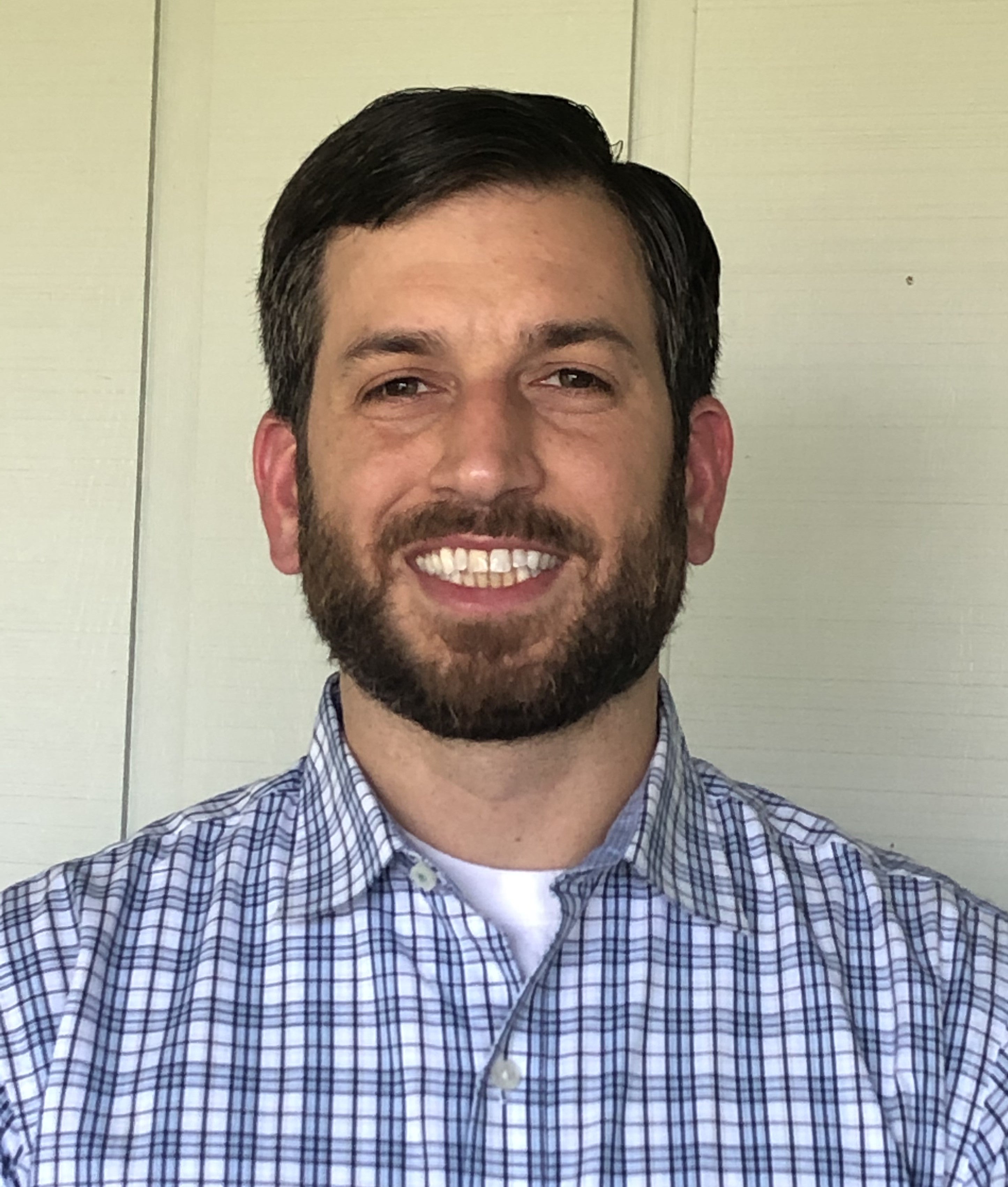 Greg LeDonne
Greg LeDonne
Graduate student Greg LeDonne’s paper “Western Neoliberalism: Neoliberal Rhetoric in the Battle between Old West and New West” was chosen as the winner of the “Emerging Scholar Contest” offered by Montana: The Magazine of Western History. As a result, LeDonne’s paper will be published in the journal, and he will receive free registration, travel, and accommodations to go present his work at the 2021 Montana History Conference in September.
Dr. Raymond Krohn
Dr. Raymond Krohn, a professor of the history department, is on KTVB contributing to the local newscast about Abraham Lincoln. Read more about the Lincoln’s Legacy.
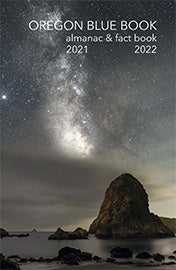 Dr. Bob Reinhardt
Dr. Bob Reinhardt
Dr. Bob Reinhardt had his essay “Oregon’s Environments, Oregon’s People” published by the Oregon State Archives in the Oregon Blue Book, the official State of Oregon almanac. Dr. Reinhardt introduces the different ways people interact with their environment in order to create Oregon, from the native people of Oregon to rural and urban challenges faced by Oregonians today.

Dr. Bob Reinhardt
Dr. Bob Reinhardt, assistant professor and internship coordinator for the history department, was recently awarded a National Endowment for the Humanities (NEH) Digital Projects for the Public Discovery Grant. The grant will be used for his research project, The Atlas of Drowned Towns, which seeks to recover the histories of communities displaced or disappeared by large dam projects, starting with the Snake River. More about the project is available at drownedtowns.com . Dr. Reinhardt’s project is the only project in Idaho to receive an NEH grant in this round of awards. Read more through the NEH announcement.
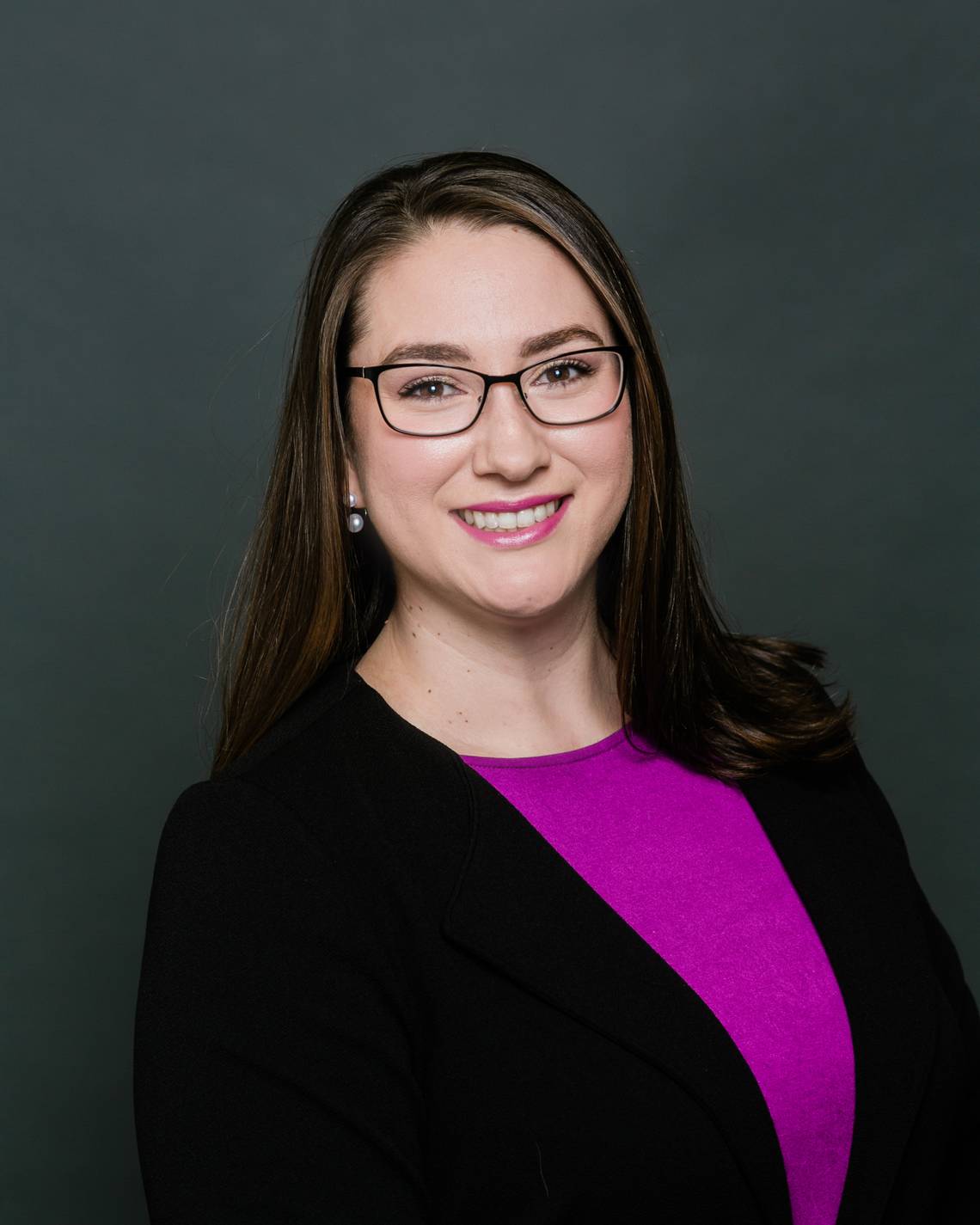
HannaLore Hein
HannaLore Hein, a MAHR graduate, has published another article on the Idaho Statesman, “Bridging history and journalism: Arthur Hart’s legacy in Idaho (paywall).”
She also has a book/author review published in COLUMBIA, the journal of the Washington State Historical Society. She will be doing an interview next with Clay Jenkinson for his nationally syndicated podcast, “The Thomas Jefferson Hour,” about Fisher’s book Suicide or Murder? The Strange Death of Governor Meriweather Lewis.
Lisa Brady
Lisa Brady, Professor in Environmental and American History, published “From War Zone to Biosphere Reserve: The Korean DMZ as a Scientific Landscape” in Notes and Records of the Royal Society of the History of Science. It is part of a special volume edited by Anita Guerrini (Oregon State University) and Georgina Montgomery (Michigan State University) and is based on Brady’s keynote address at the Biodiversity and the History of Scientific Environments workshop at Oregon State in 2018.

HannaLore Hein
HannaLore Hein, a MAHR graduate, was able to get an editorial published on the Idaho Statesman (paywall).
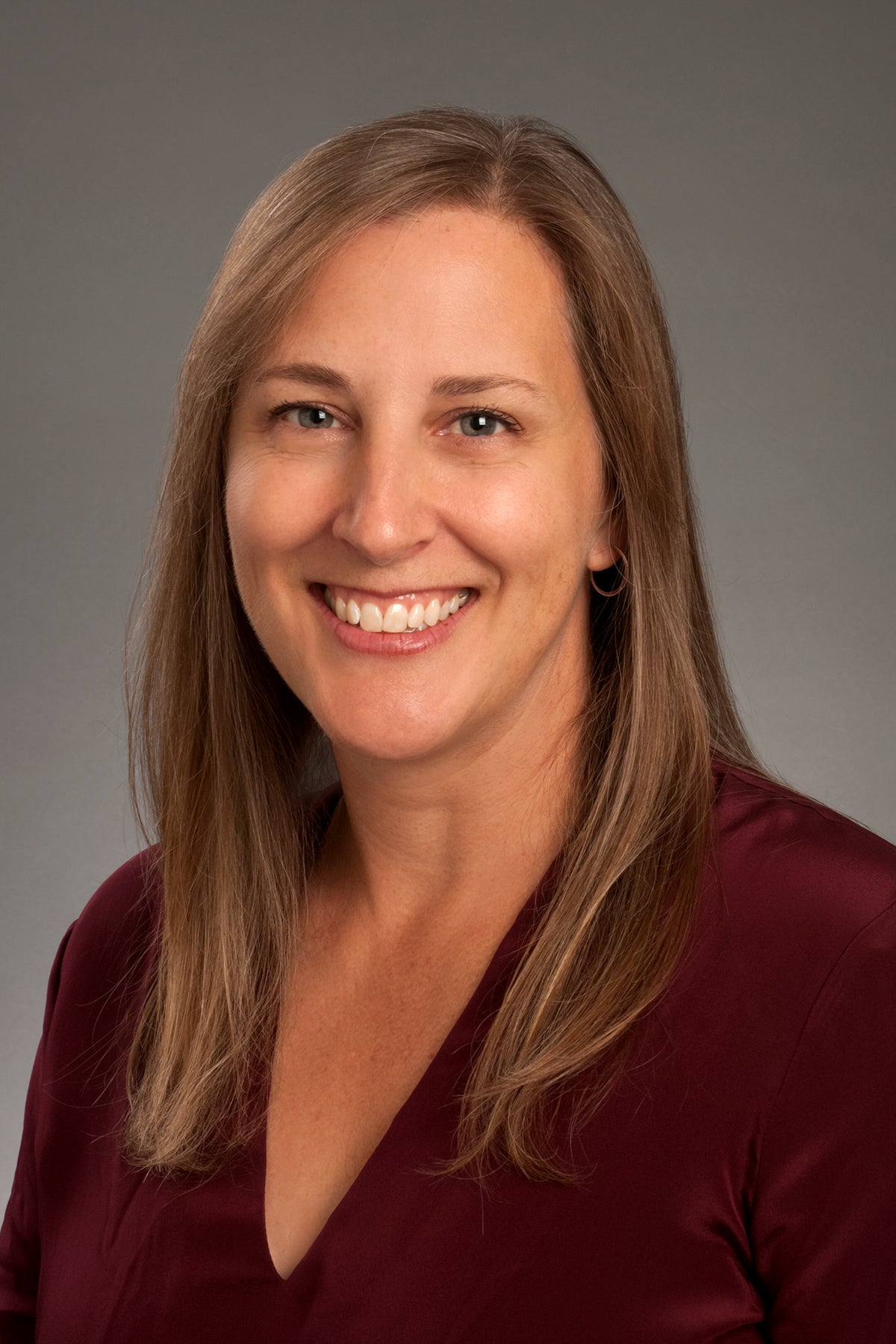
Lisa Brady
Lisa Brady, Professor in Environmental and American History, was awarded the 33rd Golden Apple Award for the Graduate College.
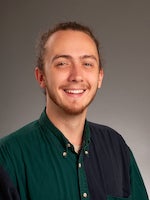
Connor Dennis
Connor Dennis, a senior history major at Boise State University has been selected as a Fulbright Scholar for the English Teaching Assistant program in Taiwan. He will be moving to Taiwan for a year this August to teach English, and execute service projects. After studying abroad in the spring of 2018 in Chiang Mai, Thailand, he knew he wanted to pursue international education post-graduation. Upon his return from Thailand, he worked for two years at the Center For Global Education at Boise State as a peer adviser helping fellow students plan their study abroad experiences. These experiences made him confident that he would be a competitive applicant for Fulbright. However, he would have never come close to achieving this without the help of his professors at Boise State and adviser Kate Heubschmann. I recommend that all Boise State students study abroad and seek out international opportunities, you will open so many doors for yourself.

Daniel Hopkins
Daniel Hopkins, who graduated last May in History, Social Science, and Secondary Education, learned that he was awarded a Fullbright to the Netherlands. He was awarded an English Teaching Assistantship (ETA) in the Netherlands. He was a history, political science, and secondary education major which fit well with his goals of wanting to teach and it gives him the opportunity to do so abroad which is something he has always wanted to do. Before receiving the Fulbright, he worked as an undergraduate researcher for the University Foundations Program and he was a student teacher last year at Boise State. During his time at the university, he had the opportunity to combine his passion for research with his passion for teaching and that led him to this opportunity with the Fulbright. He has not had the opportunity yet to visit the Netherlands. In fact, the Fulbright will be his first chance to visit Europe. He is so grateful to many people for helping and supporting him during this process. Specifically, he is thankful for his family and friends, his professors at Boise State, especially Dr. John Bieter, and his Fulbright advisor Kate Huebschmann. His advice to other students, is that he would suggest working hard and getting to know your professors. If you are interested in the Fulbright (which you should be) take time on your application and listen to Kate!
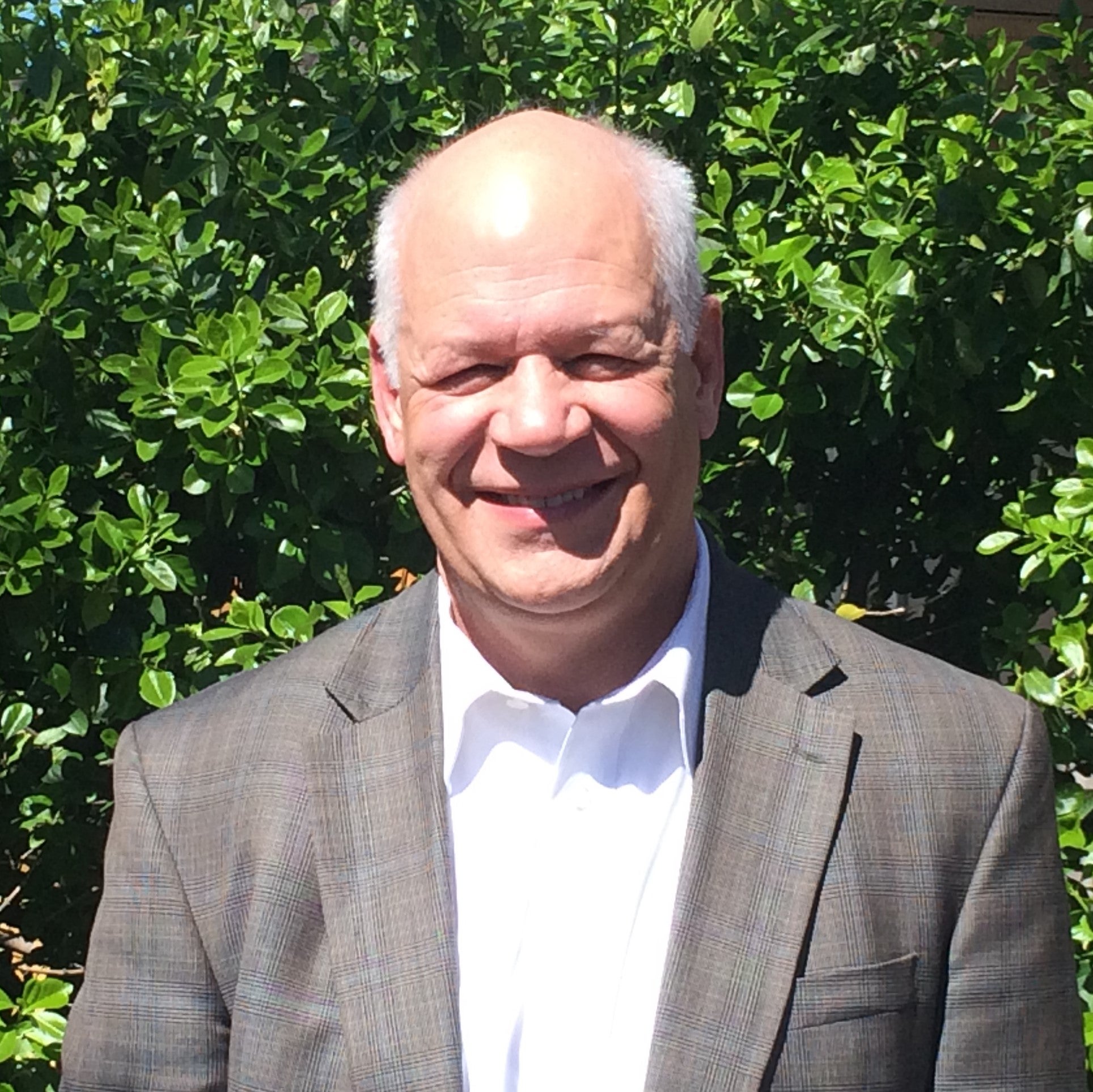
Dean Hagerman
Dean Hagerman, a current history graduate student that is working towards his Master of Applied Historical Research (MAHR) degree, was recently featured in episode 6 of the podcast series Common Land, which was aired on March 04, 2020 on the Boise Community Radio. This podcast talked about the story of Morley Nelson Snake River Birds of Prey National Conservation Area.
This relates to Hagerman’s graduate work because in 2018 he was interviewed by WildLens, Inc for an oral history of the Snake River Birds of Prey National Conservation Area (SRBPNCA). The other project he was working on was about the military training area that is located within the SRBPNCA. As a member of the Idaho National Guard and the US Army Reserves, he trained there for over thirty years. From that project and his personal experience, he became interested in the history of the area. His MAHR project is a podcast telling the creation story of the NCA and the role that Cecil Andrus played in its establishment.
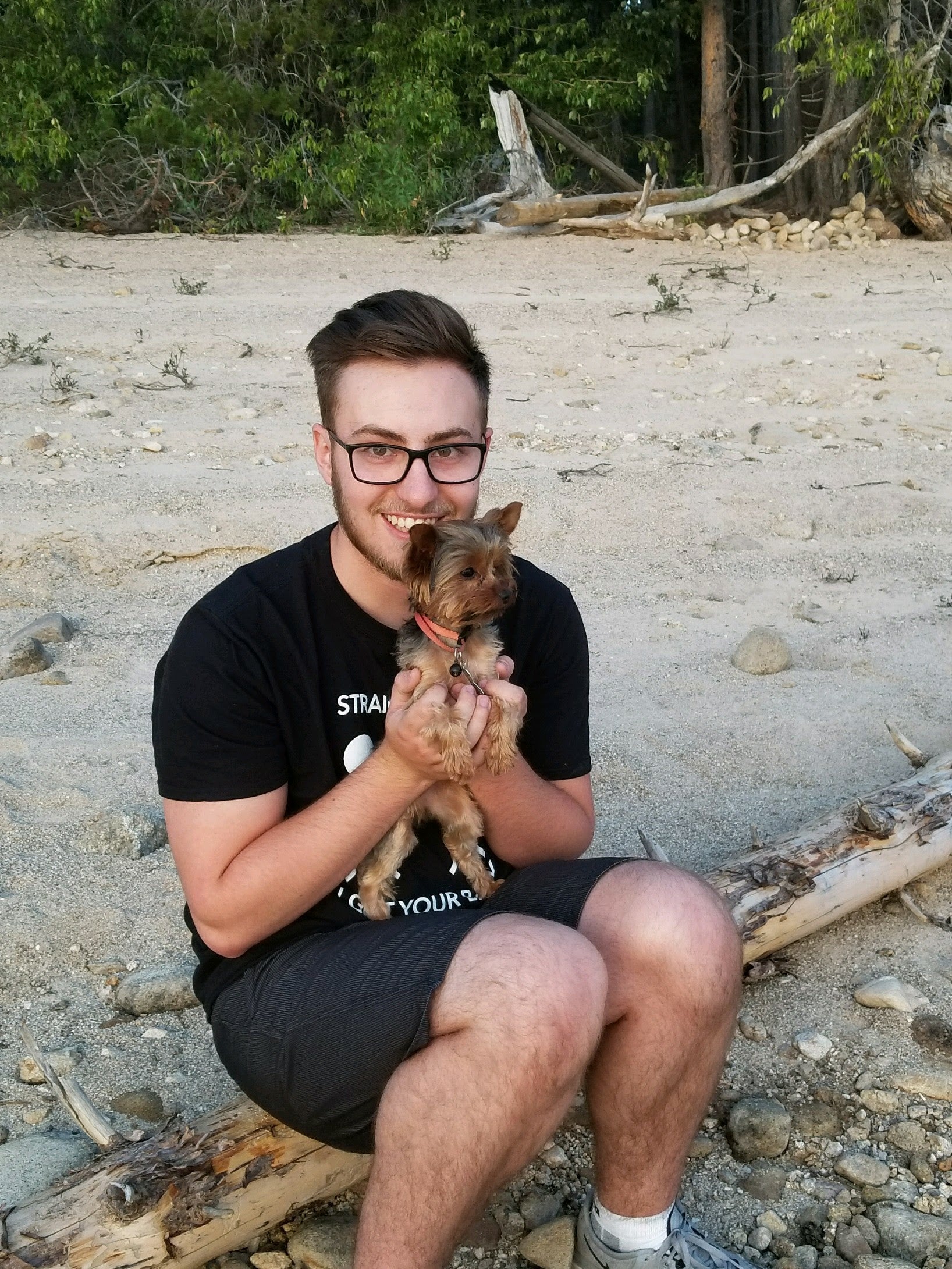
Todd Bernhardt
Todd Bernhardt, a graduate history student, recently published a chapter for a book in “The Last of the Dons: The Decline of the Spanish-Speaking Californios following the Mexican-American War” in Joshua Hyles, ed., The Americas and the New World Order: Selected Essays on Latin America and Global Politics (London: Cambridge Scholars, 2019), 62-74.
Rachel Taylor
Rachel Taylor, a Boise State history student, completed an internship at the Albertsons Library’s Special Collections and Archives as a manuscript processing intern. Taylor spent most of her processing time on Jo Anne Russell’s Papers, which was given from Russell after she passed away in 2000.

Erik Hadley
History faculty member, Erik Hadley, presented his research paper on “Wallonian Folkloric Traditions: Memory, Commemoration, and Identity” at the Fulbright Belgium Symposium at the US Embassy in Brussels, on February 03, 2020.

Joanne Klein
Joanne Klein, professor of History, attended the Social Science History Association annual meeting in Chicago, Illinois, on November 21-24. She organized and chaired a book session on Policing Los Angeles: Race, Resistance, and the Rise of the LAPD by Max Felker-Kantor. She served as chair and discussant for two sessions, on “Law, Incarceration, and Punishment” and on “Public and Private Means of Social Protection.”
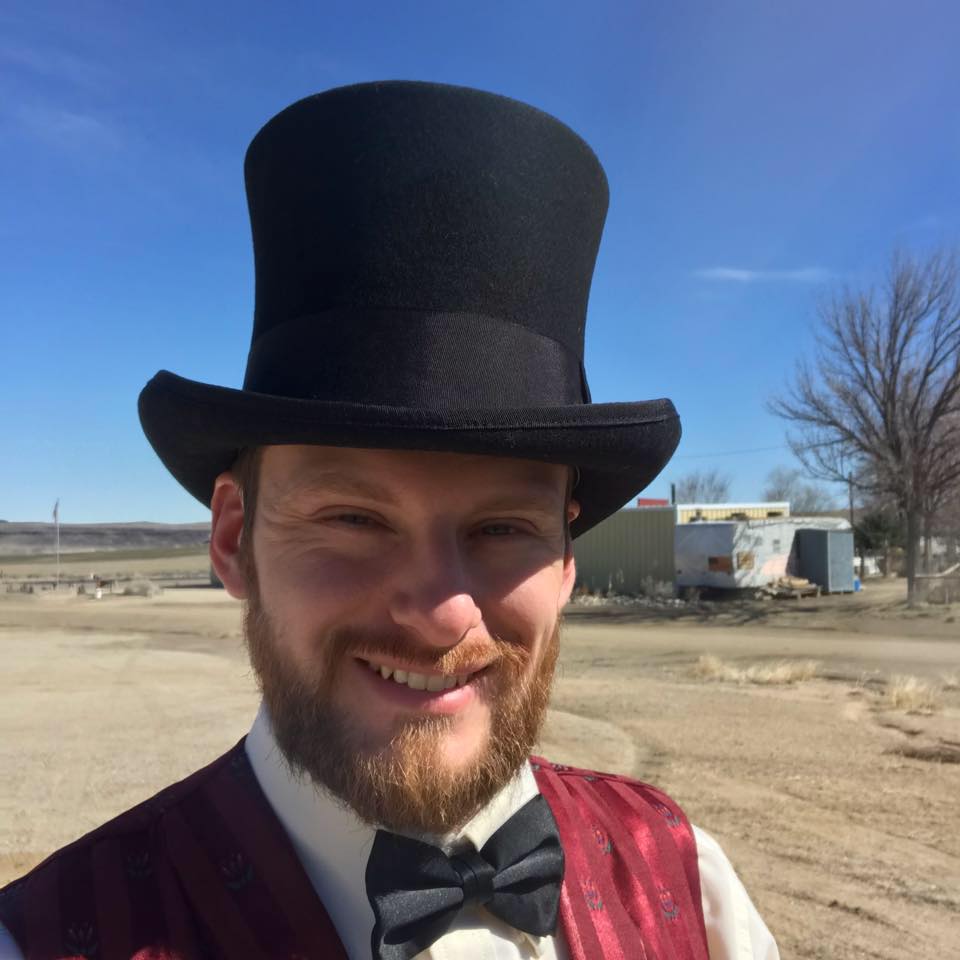 Eriks Garsvo
Eriks Garsvo
History Alumni
Since graduating in 2017, Eriks Garsvo, has been busy in his field. Since 2014 he has led tours that he created for the Boise Train Depot on the history of the depot. He continues to lead the tours and give talks on railroad history of the area. Also since 2017 he has completed a four year restoration project on a 1942 Union Pacific Caboose at the Nampa Depot Museum which he was volunteering at since 2011. During the summer of 2018 he worked in Yellowstone at the Yellowstone Historic Center in downtown West Yellowstone. He was able to get the job there due to all his experience in the history field and with his BA in history from Boise State, he landed the job as Director of the Owyhee County Museum in Murphy Idaho when he came home from Yellowstone in October of 2018. One year later he is still the Director of the museum which is amazing as he never thought he would be in this type of position so soon.
He attended BSU from 2014-2017 and achieved his BA in History with that he was able to learn how to improve his writing skills in history and also networking. Most importantly what he would tell students, is to get out there! No matter what classes you take in the field of history nothing will prepare you more on how to work with different people, board members, leading projects, designing displays, leading tours, working with the public more than just going out there and volunteering. Most of his jobs started as a volunteer and he put his heart into everything he did and he went out there and didn’t wait for something to happen. By the time he graduated BSU, not only did he have the degree but his portfolio was extensive with all the work he had done since graduating High School in 2011, both the portfolio and degree speaks volumes. Its not easy getting into the field of history and it doesn’t always pay well but people see the hard, dedicated work you put in and one day you will be rewarded.
Word of Advice
“I believe its so important to have internships for students that have not been able to get out there. Because if you leave school with that degree and have no connections with anyone in the field of community it will be harder to get a job out in that area. I am glad to see that BSU History Department now has a new leader trying to get kids out there. I once was there and there was no strong dedicated internship person. Its just so important to get out there to join a society, help out there and contribute. It won’t always be amazing but stick with it. You will look back and be amazed how much you learned from all of it.”
Boise State Graduate Fifth State Historian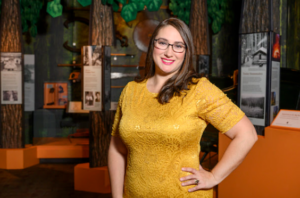
In the summer of 2019, HannaLore Hein, became the fifth state historian at the Idaho State Historical Society, and the first woman to hold the job since it became a credentialed position in the 1950s. Read more about HannaLore Hein’s new position as historian.
 Boise State Graduate featured in Idaho Statesman
Boise State Graduate featured in Idaho Statesman
Brandi Burns, an MAHR graduate, who works as the History Programs Manager for the City of Boise, has an article in the Idaho Statesman about Boise’s mayoral runoff races. You can read Brandi’s story here (paywall).
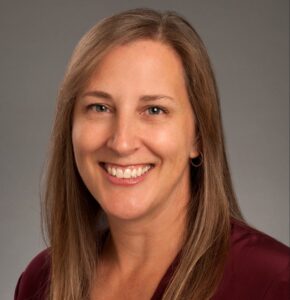
Lisa M. Brady
Environmental & American History
Lisa M. Brady published a chapter in the Cambridge History of the American Civil War, a three-volume compendium edited by Aaron Sheehan-Dean. Brady’s chapter, “Environmental War” appears in volume 2, “Affairs of the State,” and examines nature’s role in the causes, conduct, and consequences of the conflict. Brady was one of seventy-six scholars invited to contribute to the collection, the most comprehensive treatment of the American Civil War to date. You can visit Cambridge’s website to read more.

HannaLore Hein
Graduate from Boise State
HannaLore Hein (MAHR, 2015) joined the staff at the Idaho State Historical Society as State Historian in August 2019. In her role for the agency, she is engaged with strategic outreach across state, content creation for internal projects and initiatives, including the Idaho Women 100 campaign, which seeks to celebrate the history of Idaho women’s courageous past and help shape the unlimited future of women’s leadership in Idaho, and management of the agency’s publications program
